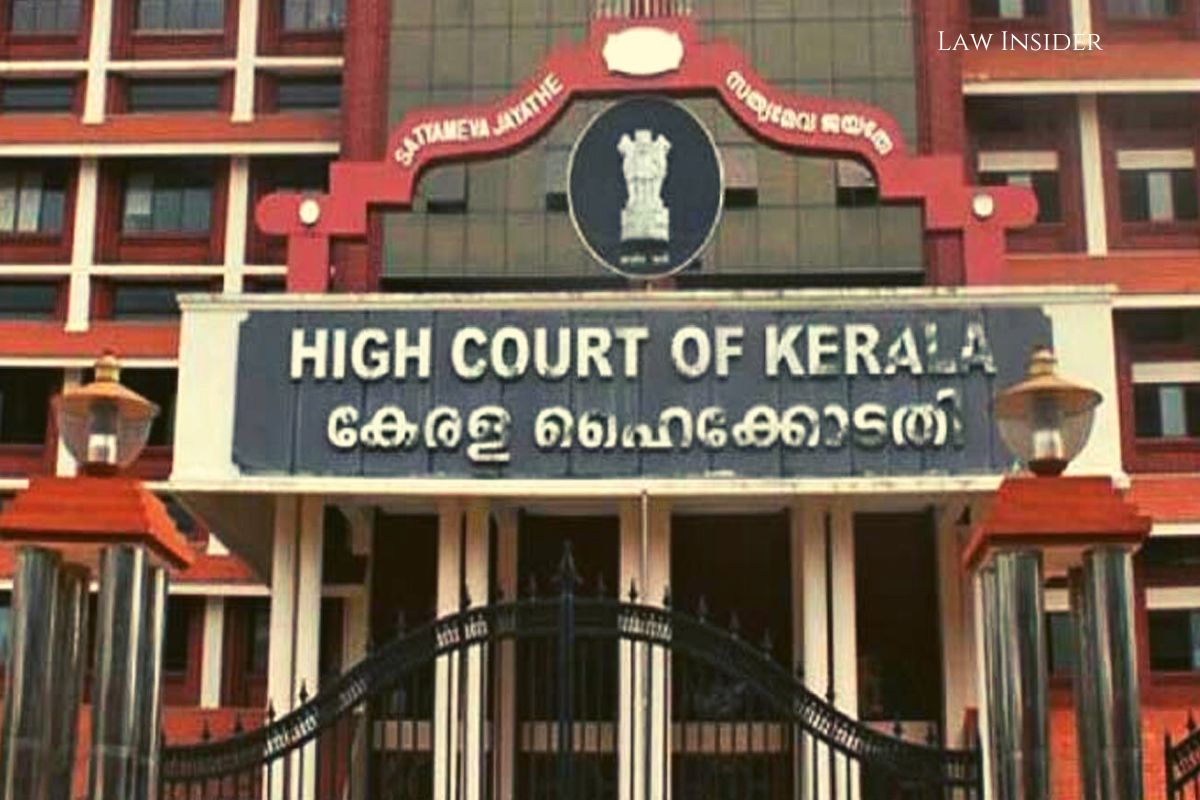LI Network
Published on: January 7, 2024 at 01:30 IST
The Kerala High Court, ruling on a case under Section 498A IPC, acquitted a husband accused of his wife’s suicide, citing insufficient evidence to establish cruelty or harassment as the cause.
The Court cleared the charges on husband, emphasizing that not every form of discord or mistreatment constitutes cruelty under Section 498A of IPC.
Justice Johnson John, while overturning the conviction, highlighted that minor disagreements or sporadic ill-treatment between spouses due to differences of opinion do not qualify as cruelty under Section 498A IPC.
“The evidence presented does not substantiate any cruelty or harassment towards the deceased due to her inability to meet dowry demands. The prosecution’s claim that the deceased feared her husband’s violence if she failed to provide money for house construction is inadequate to establish cruelty or harassment as outlined in Section 498A IPC,” stated the Court.
The case involved the suicide of a woman who allegedly set herself on fire, with her parents accusing her husband and mother-in-law of physical and mental cruelty over dowry demands.
The husband’s counsel argued the incident was accidental, occurring while the deceased was boiling milk. He refuted all cruelty allegations, highlighting a lack of evidence.
The Court noted that the prosecution failed to present the dying declaration of the deceased, recorded when she was conscious in the hospital. Moreover, no treatment records or testimony from the treating doctor were provided.
Additionally, the Court criticized the prosecution for withholding evidence related to the accidental death and emphasized that to prove an offense of cruelty, it must be demonstrated that the wife’s suicide was a result of harassment or cruelty from the husband.
For an offense under Section 498A, the prosecution must establish the effects of cruelty likely to prompt suicide or severe harm. The Court observed no evidence indicating that the deceased accused the husband of mistreatment before her death, nor evidence of dowry-related harassment.
Consequently, lacking proof of harassment or cruelty against the husband, the Court granted him the benefit of reasonable doubt, overturning the conviction and ordering acquittal.

